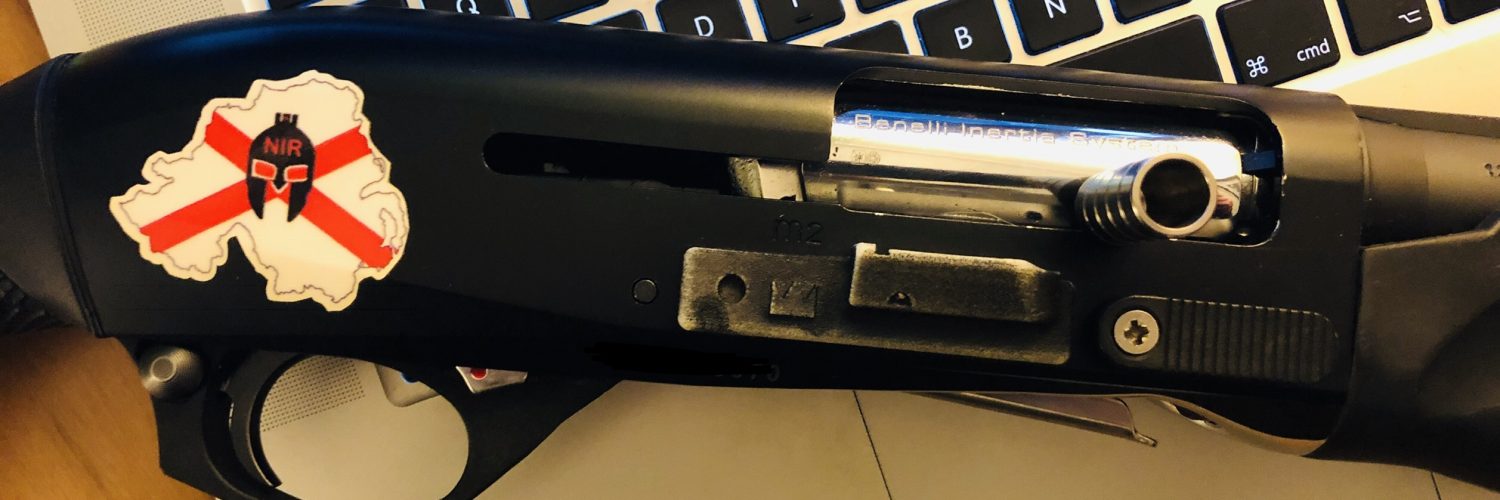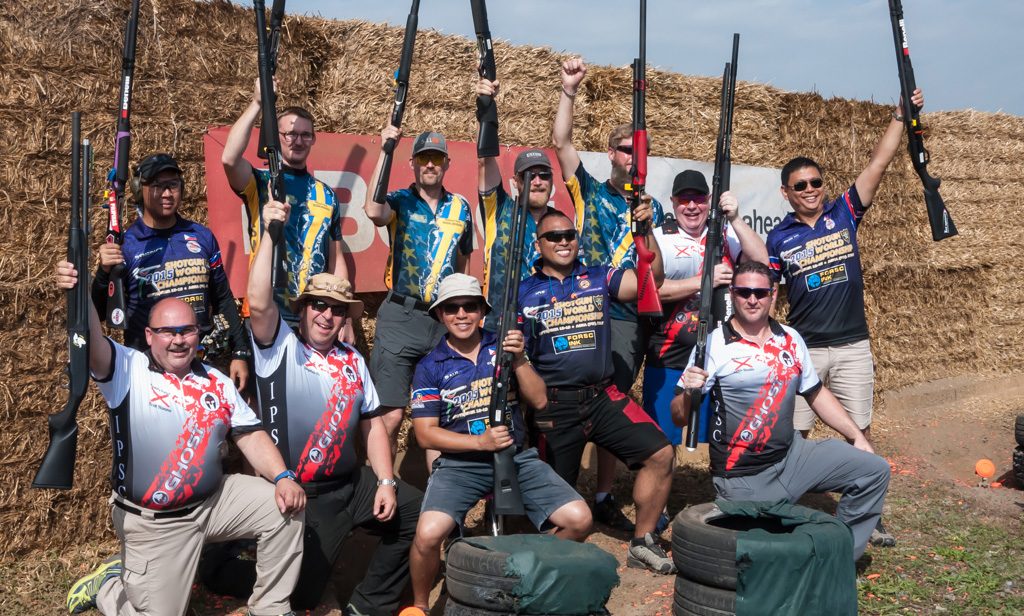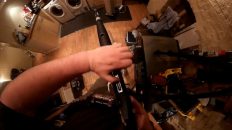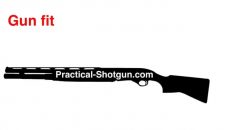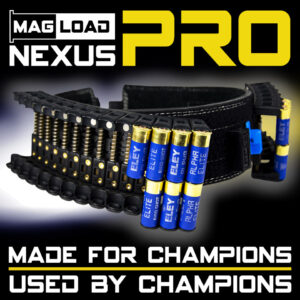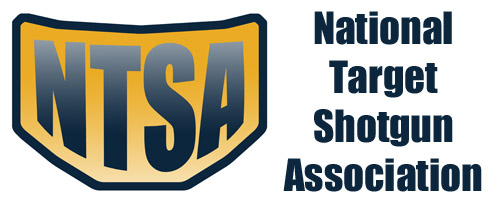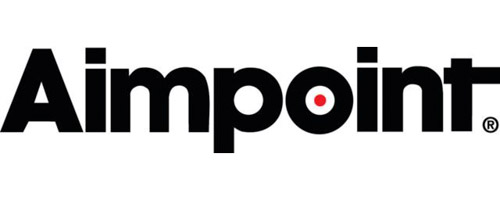So you want to start out in practical shotgun?
The good news is that we have prepared a detailed guide which explains much of what you need to know before starting into our great sport, just click on the shotgun below to download the PDF
How do I get methandienone for sale in australia c est mon started?
After reading our Beginners Guide the next step is to find a club and the nearer to home the better because you will be spending a lot of time there if you get bitten by the bug even half as badly as we all did! The best way to do this is to contact the IPSC Secretary in your home region, they will have details of affiliated clubs in your area. You can find contact details for your region here – IPSC Regions – please remember this will be a voluntary organisation run by people with day jobs and families, unlike a business the reply may take a day to two.
WARNING – this sport is seriously addictive. Please don’t blame practical-shotgun.com if excessive time on the range or frequent trips away at matches land you in trouble or divorce proceedings!
Most clubs offer training and have club owned guns so you can get a taster before you commit to buying equipment. If you want to compete in IPSC events you may need to pass a safety course if your region requires this, in any case you should get some training before attempting to compete and courses are run to a very high standard at locations all over the world by IPSC recognised trainers. We would recommend that anyone coming to this sport, no matter what their background or which aspect of practical shotgun they intend to get involved with, should do one of these courses as safety is paramount and you will come way having learned a lot more than most people expect.
What gun should I buy?
This is one of the most frequently asked questions we hear from new shooters and it is a difficult one to answer, most people will simply tell you about what they shoot and why they like it, which may or may not be helpful! If you do the IPSC safety course (as suggested above) you will learn about the different Divisions within the sport and most Practical Shotgun variants have a structure along these lines, you can have a look at the rules defining each type of gun here – Divisions
Choosing a Division is the first step towards deciding what gun. Standard and Standard Manual are probably the most likely places to enter the sport based on cost and access to reliable equipment but don’t be put off if you fancy a box fed shotgun because there is a new crop of very reliable and accessible guns becoming available for this division. By this stage you will already have joined a club and you should go to competitions and look at what other members are using, see what works / what doesn’t and ask people about their guns. Most folk will be only too happy to talk you through their equipment but please make sure not to ask when they are just about to shoot a stage as they may not appreciate the interruption to their concentration, after the event there will be plenty of time to chat.
At this point its worth adding a word of warning about budget kit because shotguns are like most things in life, you tend to get what you pay for! There are a lot of ‘entry level’ guns on the market which may seem attractive, some may even function reasonably well, but the truth is that many people use one for a while and then upgrade when the shortcomings become apparent. Speed of reloading and reliable cycling are among the things to look for and longevity matters too because practical shotgun is a high cartridge volume sport, cheap guns often wear out fast. Good quality shotguns can last for a long time if they are properly maintained and once you get over this initial investment it can actually be a money saver in the long run. If funds are tight we would recommend looking for a second-hand gun from a well known manufacturer as these can often be found at a similar price to a new entry level or budget type gun.
We’re going to stop short of recommending makes or even telling you what our editorial team shoot but we will tell you this, looking at what is used on the European match circuit, the guns most commonly used by the people who regularly compete are:
Standard Division (autos) – Benelli M2 & Beretta 1301, a competitive gun for this division will cost £1000-1500 new or a little over half price in good condition second-hand, after that expect a £200-300 more for parts including an extended magazine.
Standard Manual Division (pumps) – Benelli Supernova, Remington 870 and Winchester 1300, this division is a popular choice for beginners and a competitive gun like a Supernova can be bought for approximately £450 in excellent used condition.
Modified Division (autos but with red dot sights and compensators) – same guns as Standard but with more modifications allowed.
Open Division (mainly box fed) – traditionally Bora and Saiga but this Division is the one with the most activity from new manufacturers including Utas, Dissident, Typhoon and Molot. It is probably the least suitable for beginners as high quality equipment is expensive and many cheaper brands have reliability issues.
What is IPSC?
IPSC, pronounced ‘ip-sick’ is an acronym for the International Practical Shooting Confederation which was founded in 1976 and now has affiliated regions in about 100 countries. It is the governing body of the most widely practiced form of dynamic shooting which began with handguns but now takes place with shotguns, rifles, mini-rifles and air-soft as well. Once you have passed an IPSC accredited safety course you have credentials that enable you to shoot at competitions in any of IPSC’s affiliated regions which basically boils down to just about anywhere in the world that you’re likely to go! The rules that apply to IPSC shotgun are closely linked to the other firearm types and the safety procedures have been designed specifically for dynamic shooting. Competitors are not individual members of IPSC rather they are members of the IPSC region in which they reside and that region is in turn affiliated to IPSC, this membership is required to gain entries to competitions and your single fee to the region where you live qualifies you to enter any competition anywhere within the IPSC network.

